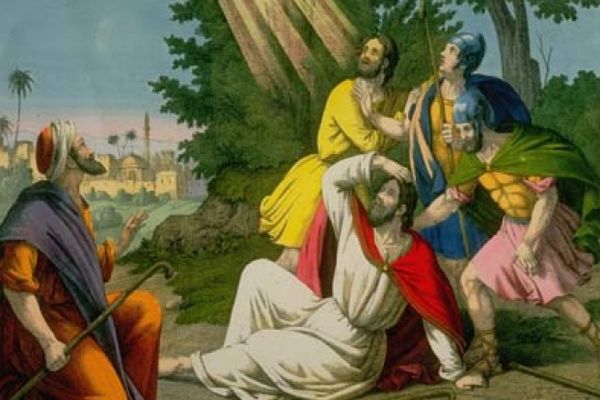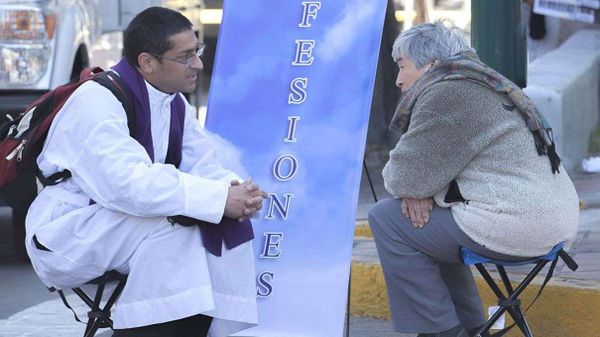If a new spiritual movement makes it out of the awkward beginning stages, if enough people are committed to giving their money and time to the cause, it needs to develop institutionalized control. A rigid hierarchy and clearcut guidelines about the difference between correct and incorrect belief tend to attract true believers and keep out the freeloaders — people who take advantage of the essential do-gooder-ish-ness of a religion without being invested in helping it succeed.
The Church of Scientology is a good example of a new, very successful religion that did a great job in its mid-century beginnings of laying down some clearcut guidelines for the levels of commitment expected of its believers. In return, Scientology promised a new, powerful identity, a better type of salvation than anyone else was offering, as well as prosperity and luck. But as the religion has grown, something new and 100 percent expected happened: the followers of Scientology have begun to want to define the religion for themselves.
"For the first time, Scientology is having to confront sects — Scientologists breaking off from the church but not the religion," Aslan says. "They're seizing for themselves the power to define Scientology for themselves. The church says they aren't allowed to do this, but that's the same argument every religious institution makes. That's what the Vatican said when Luther nailed his Theses to the church door: 'Only we can define what is and isn't Christian.'"
And we know who won that argument.
So, although stricter religions are generally more successful, the five great world religions — Christianity, Judaism, Islam, Buddhism, Hinduism — all have one thing in common: They have made themselves strong enough to survive continual dissension over orthodoxy and evolve with the changing needs of their communities.
"In the U.S., both slave owners and abolitionists used not only the same Bible to justify their argument, they used the exact same verses. When that's the kind of scripture that you have, you know it's going to last," Aslan says.



